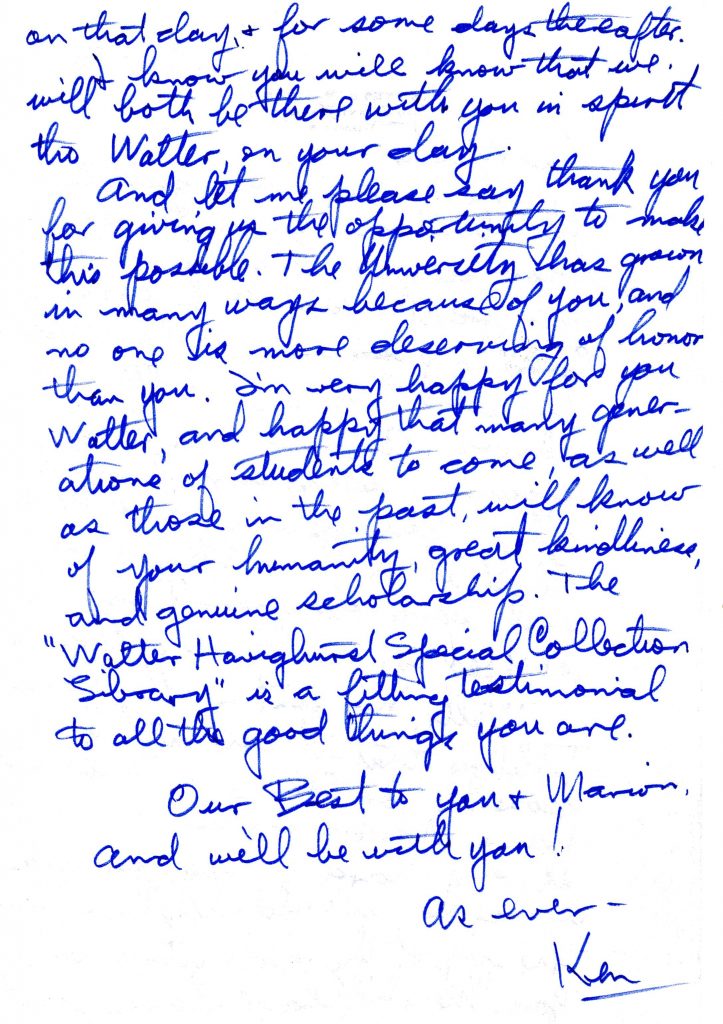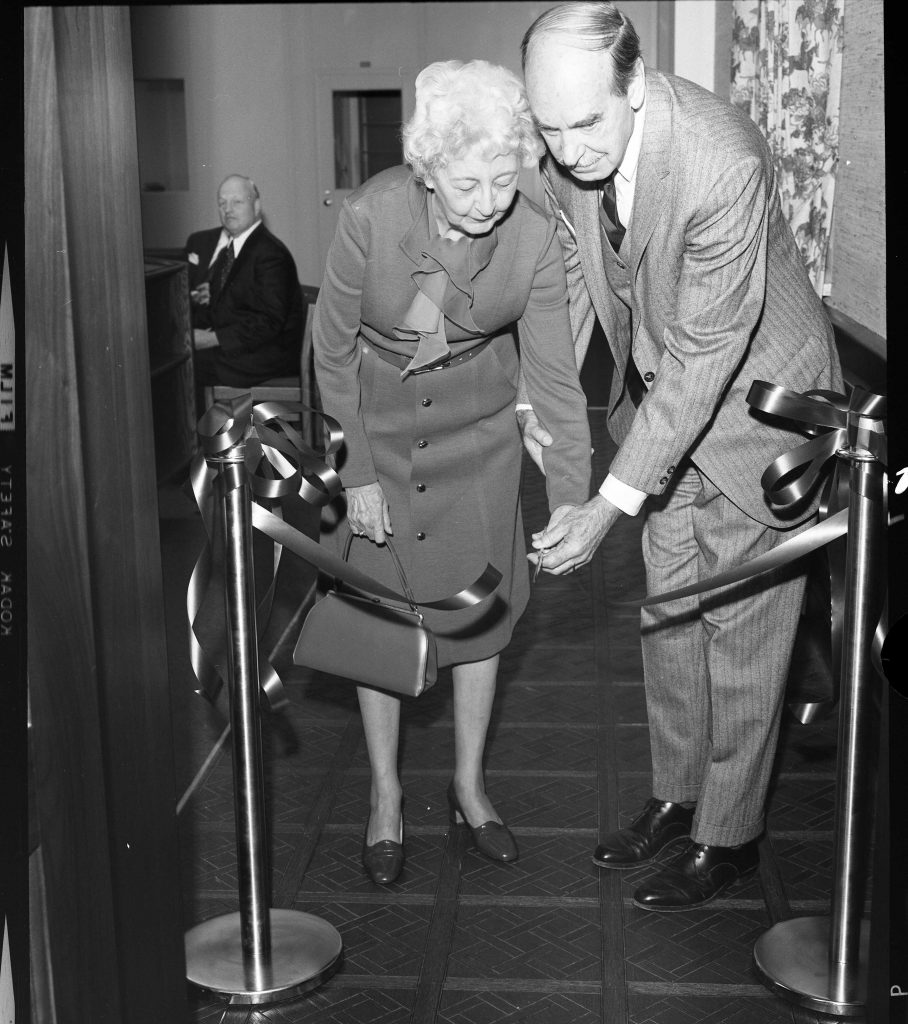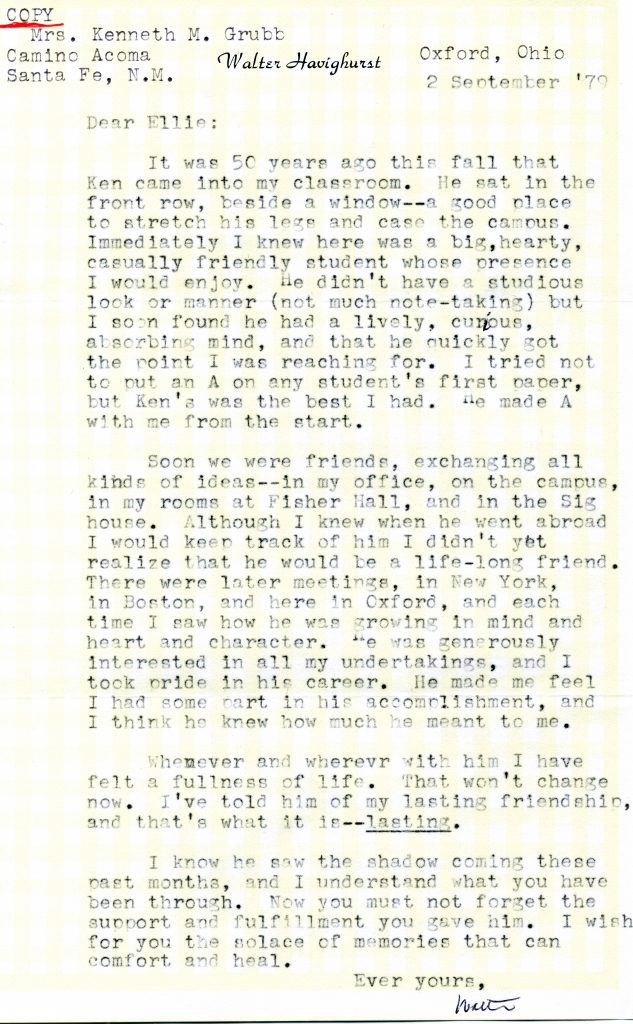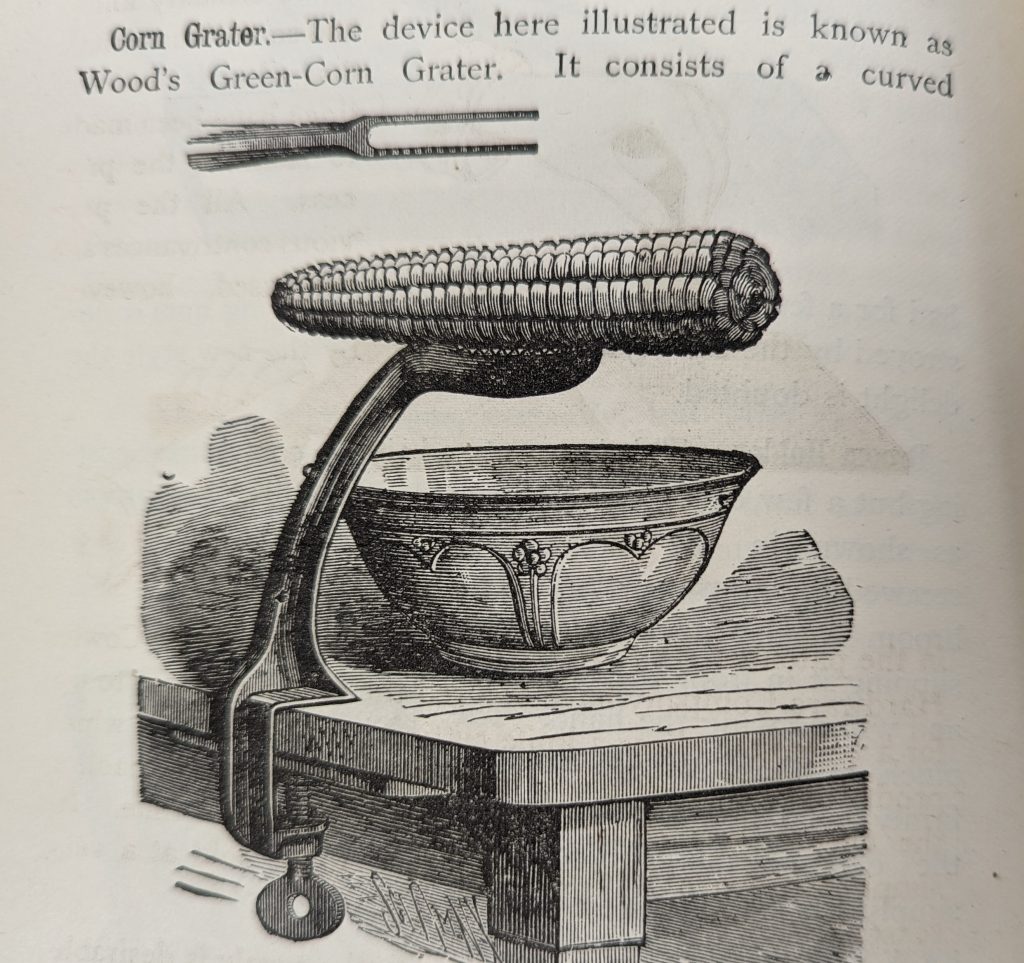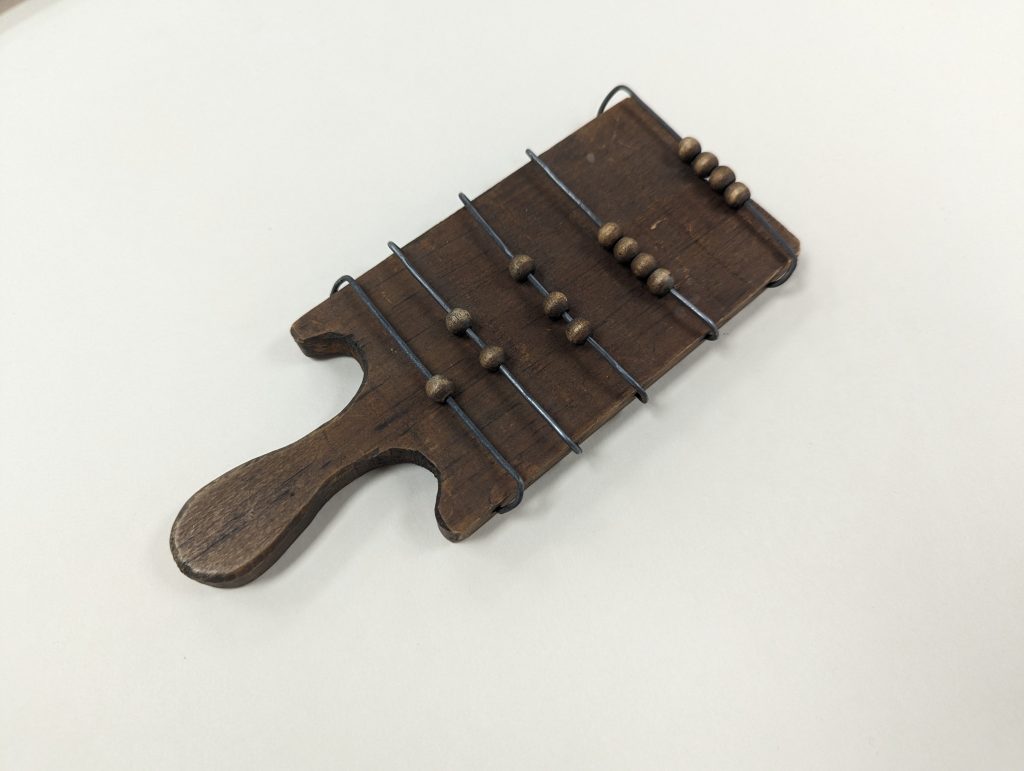My name is Amber McDonald and I am a Master of Library and Information Science student through Kent State University with a passion for books, history, and art. I decided to apply for an internship with the Walter Havighurst Special Collections and University Archives because when I was researching the degree I reached out to one of the Librarians, Rachel Makarowski, who gave me a tour and overview of the department. That experience played a significant factor in my decision to pursue a librarian career.
My internship began in May 2024 in the Archives with the University Archivist, Jacky Johnson. I assisted with physically processing a picture collection, which I also created digital records for in ArchivesSpace, an information management application that is used for managing and providing access to archival materials.
Then I had the great opportunity to expand my internship into the fall of 2024, this time working in Special Collections with Rachel Makarowski, Special Collections Librarian, and Candace Pine, Rare Books and Manuscripts Librarian. One of my major projects for the semester was co-curating an exhibition, titled Art and Labor: Private Press Printing at Kelmscott and Roycroft. The exhibition featured William Morris and the Kelmscott Press, Elbert Hubbard and the Roycroft Print Shop, and other private presses.
Throughout the two semesters, I explored various responsibilities within the Archives and Special Collections department and learned about the variety of skills that are required in the field of librarianship. Although there is much more to learn, I believe I received an incredible foundation for the start of my career and I am grateful for the opportunities and encouragement of the faculty and staff here.
My favorite parts of my experience here will have to be the installation of the Art & Labor exhibition, browsing (getting distracted by) the collections, and the classes I was able to attend that were led by the Librarians. One of the characteristics of the library field that appealed to me the most while researching the degree, and ultimately making the decision to pursue it, is the vast potential for learning and collaborating with others who are passionate about the materials and making them available for use, the depth of the field that encourages learning history to reveal the context and clarity of an item, and thinking from a library user’s perspective to make the collections more accessible. It is a field that combines academic and hands-on experiences.
Based on my own personal interests and observations, librarianship requires efficient communication skills, strong organizational and collaborative skills, and the self-discipline to work independently with materials to ascertain their value through the context they provide and to relate that to the outside world. Going forward, I know I will be able to apply the skills I learned here to advance and grow throughout my librarian career. Some of those skills include being an effective communicator, and being reliable and approachable. These skills are versatile and valuable within the Special Collections and University Archives department since it can appear intimidating to visitors. I have learned to help alleviate any hesitation first-time visitors might feel, and make them feel comfortable with performing research in the archives. And when it comes to working with colleagues, having those skills helps make me a great teammate and creates a pleasant and productive working environment. I will be taking the knowledge and experience from this internship into the professional field with the hopes of making libraries better institutions for information and improving accessibility to that information.
I would like to personally thank everyone at the Library for their support, including William Modrow, Jacky Johnson, Candace Pine, Rachel Makarowski, Alia Levar Wegner, Eric Harrelson, and Sam Shoup.
